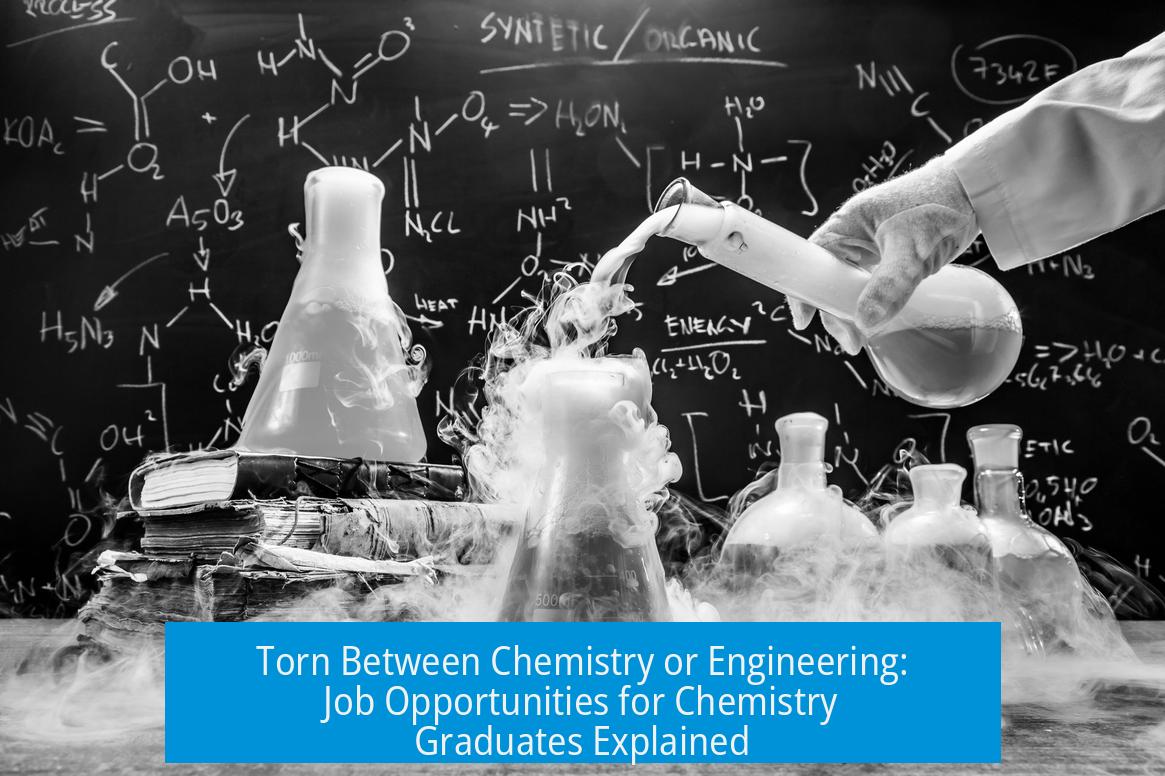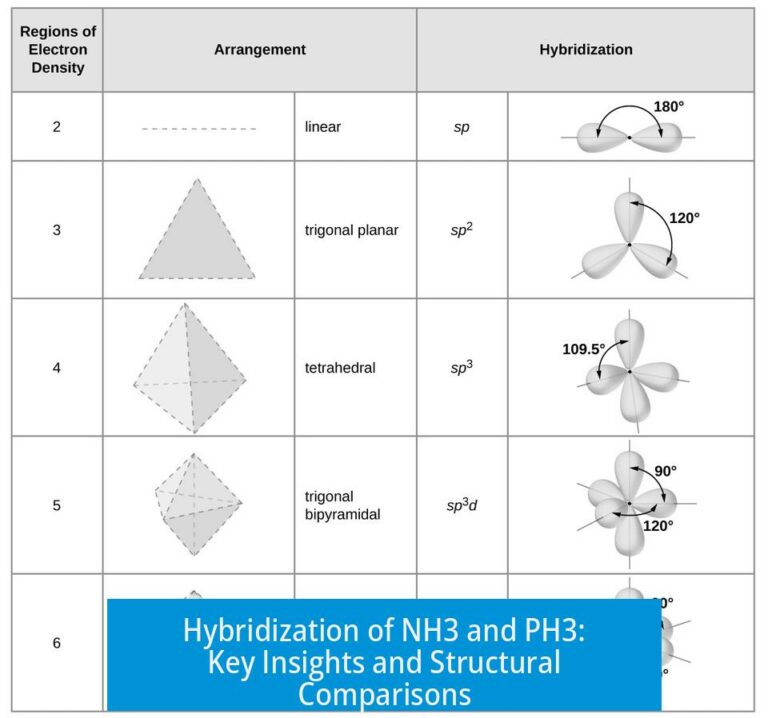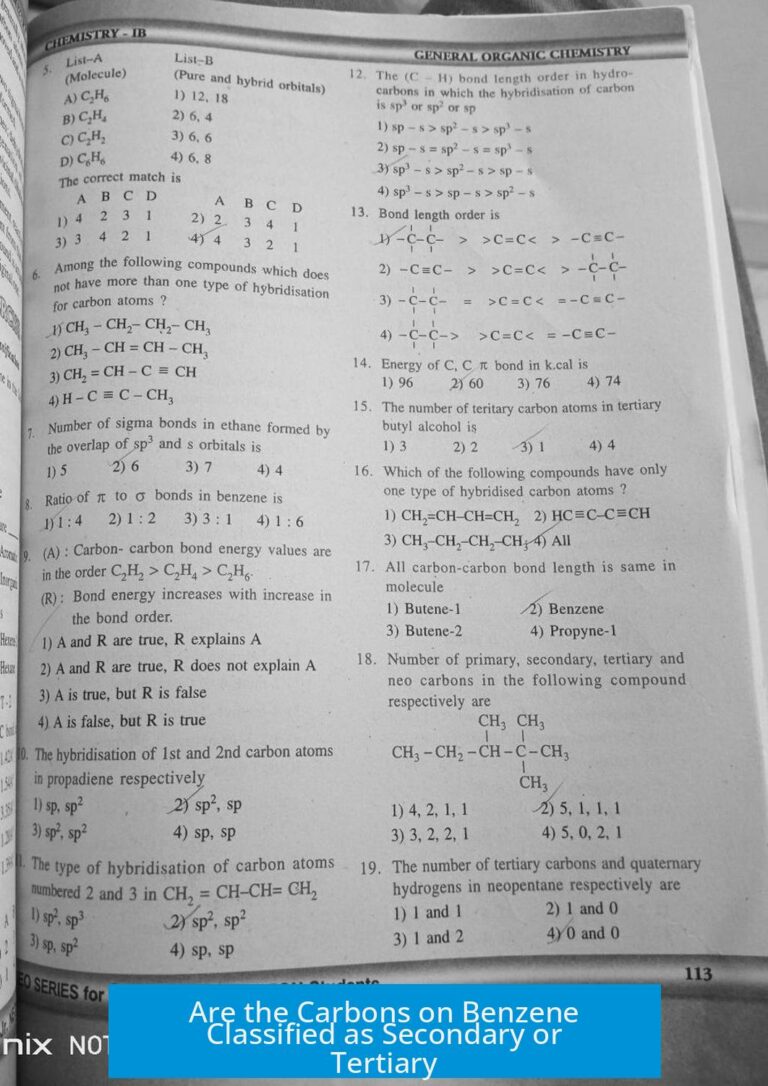Choosing Between Chemistry and Engineering: Job Prospects with a Chemistry Bachelor’s Degree
It is true that jobs with a bachelor’s degree in chemistry exist but tend to be low paid and often unrelated to advanced chemistry work, making career growth challenging without further education like a master’s or PhD.
Job Market for Chemistry Bachelor Graduates
Graduates with only a Bachelor of Science (BS) in chemistry can find jobs. However, these roles usually involve basic tasks and offer modest pay. Many entry-level positions focus on quality control, chemical analysis, or laboratory support rather than innovative chemical research.
For example, starting salaries for chemistry graduates tend to be low compared to other STEM fields. Initial roles often demand performing instrumentation or routine laboratory procedures. It may take several years of experience for a chemistry bachelor to reach middle-class income levels.
Entry-level jobs in pharmaceutical manufacturing or testing are relatively accessible. These positions provide hands-on experience but rarely require creating new molecules or conducting novel experiments.
Career Advancement Challenges
To pursue scientist-level roles or research, most professionals with a chemistry background need at least a Master of Science (MS) degree. Top positions usually require a PhD.
- Most chemists holding just a BS work in quality control or support roles.
- These roles are often repetitive and less stimulating.
- Higher education boosts access to innovative chemistry jobs.
Creativity and passion make a significant difference, especially in graduate studies. Those committed to deep chemical research often face a competitive and demanding career path but gain rewards through discovery and innovation.
Chemistry vs. Chemical Engineering: Immediate Opportunities
Chemical engineering generally presents more job openings and better salary prospects immediately after completing a bachelor’s degree.
| Aspect | Chemistry (BS) | Chemical Engineering (BS) |
|---|---|---|
| Starting Salary | Typically low, requiring years of experience to increase | Higher, often middle to upper-middle class initially |
| Job Availability | Limited, often in routine roles | More numerous and diverse opportunities |
| Field Focus | Pure chemistry concepts, lab-based work | Applied science: fluid dynamics, transport phenomena, plant design |
| Difficulty Level | Less mathematically intensive | Far more demanding in math and physics |
| Scope of Work | Primarily lab analysis, quality control | Can do chemistry-related jobs plus engineering design and operations |
Personal Preference and Passion Matter
Choosing a major depends on individual interests. Chemical engineering requires liking industrial processes, fluid flow, and applied math. Chemistry is more focused on molecular science and lab work.
Some find chemical engineering too industrial or math-heavy. Others prefer chemistry’s hands-on molecular work despite fewer immediate benefits.
Success depends on effort and creativity more than the chosen path. Some chemistry majors feel fulfilled and do well professionally despite the challenges. Others prefer engineering for stability and pay.
Influence of Location and Personal Situation
Geography plays a key role in job prospects for both fields. Some regions provide abundant industry jobs for chemistry bachelors, while others do not.
- Willingness to relocate can improve chances significantly.
- Personal life constraints and physical demands must be considered.
- Unemployment is possible in either field without strategic planning.
Your local job market and preferences for job type should influence your decision.
Research Opportunities
Both fields offer research careers, but advanced degrees are usually necessary.
Chemical engineers interested in research need creativity and postgraduate education to contribute in cutting-edge areas like process innovation or materials science.
Chemistry research demands strong passion and substantial education, often culminating in PhD work to develop novel compounds and reactions.
Summary of Key Points
- Bachelor’s degrees in chemistry qualify for jobs, but these often pay less and involve routine work.
- Higher degrees such as MS or PhD enable access to scientist and research positions.
- Chemical engineering generally offers better pay and job availability right after a BS.
- Chemical engineering demands strong math and physics skills; chemistry is less math intensive.
- Location and willingness to do certain jobs influence employability greatly.
- Passion, creativity, and persistent effort are more decisive than degree choice alone.
- Research careers require advanced education and innovation regardless of discipline.
Can you get a job with just a bachelor’s degree in chemistry?
Yes, you can get jobs with a chemistry bachelor’s degree. However, many entry-level positions pay low and often involve routine tasks not focused on core chemistry.
Is a master’s or PhD necessary for a science career in chemistry?
Typically, an M.S. is needed to work as a scientist. Higher roles and novel research usually require an MS or PhD in chemistry.
How does job availability and pay compare between chemistry and chemical engineering graduates?
Chemical engineering offers more jobs and better starting pay than chemistry. Chemical engineers can also perform many chemistry jobs plus more technical roles.
Will passion for chemistry offset the challenges of low pay and limited job options?
Passion and creativity help, but chemistry roles at the bachelor level often involve unexciting, lower-paid work. Advanced studies improve opportunities.
Does location impact job prospects for chemistry graduates?
Yes, job chances depend heavily on location and your willingness to accept certain roles. Some regions offer more industry jobs for chemistry graduates.
Is chemical engineering a better choice if you dislike industrial work or fluid dynamics?
If you prefer hands-on chemistry and dislike industrial or fluid dynamics work, chemical engineering might not suit you despite higher pay and job options.





Leave a Comment